Retro Replay Review
Gameplay
Timothy Leary’s Mind Mirror presents a unique blend of digital interaction and social party mechanics. Players can “scope” or digitize any thought, transforming abstract ideas into interactive nodes on the screen. This core mechanic encourages creativity and spontaneity, as participants must rapidly articulate their mental images in a way that can be graphically represented and compared.
(HEY YOU!! We hope you enjoy! We try not to run ads. So basically, this is a very expensive hobby running this site. Please consider joining us for updates, forums, and more. Network w/ us to make some cash or friends while retro gaming, and you can win some free retro games for posting. Okay, carry on 👍)
Once thoughts are digitized, Mind Mirror enables side-by-side comparisons of individual ideas. Whether you’re contrasting your morning routine with your colleague’s dream vacation or aligning your political views with a friend’s, the system’s intuitive drag-and-drop interface makes juxtaposing thoughts a breeze. This mechanic fuels lively debate, sparks laughter, and often reveals surprising common ground among players.
In addition to thought comparison, the game offers role-playing simulations. Players can assume personas—historical figures, fictional archetypes, or abstract concepts—and project their digitized thoughts through that lens. This layer transforms Mind Mirror into a true party game, akin to Scruples but with far greater visual engagement and depth of introspection.
Graphics
Mind Mirror adopts a psychedelic aesthetic that pays homage to Timothy Leary’s counterculture legacy. Vibrant neon gradients swirl in the background while thought-nodes pulse with a subtle glow, creating an atmosphere that is both playful and otherworldly. The color palette dynamically shifts to reflect the emotional tone of each thought, enhancing immersion.
The user interface is remarkably clean despite its kaleidoscopic visuals. Nodes are connected by thin, animated lines that signify associations between memories or ideas. Animations are smooth and responsive, even when multiple players are scoping, dragging, or linking thoughts in rapid succession. There’s very little lag, making the experience feel almost tactile.
While Mind Mirror may not boast hyper-realistic textures or ray-tracing effects, its stylized graphics serve the game’s purpose brilliantly. The design choices reinforce the theme of inner exploration and mental connectivity. For a game built around abstract concepts rather than action sequences or open worlds, the visual presentation is both functional and delightfully evocative.
Story
At its core, Mind Mirror has no traditional narrative with scripted cut-scenes or fixed plot beats. Instead, the “story” emerges organically from player interactions. Every session unfolds differently as participants share personal anecdotes, hypothetical scenarios, and role-play dialogues. This open-ended structure fosters a collage of mini-stories that reflect the group’s collective psyche.
Despite the absence of a linear storyline, the game provides thematic prompts to spark conversation. These prompts can range from “Describe your happiest childhood memory” to “What would you say to your future self?” By weaving these prompts into the mind-mapping interface, Mind Mirror guides players toward revealing and often profound exchanges.
For groups seeking a more narrative-driven experience, optional scenario packs introduce light story arcs—mystery, romance, or sci-fi—within which thoughts become clues, romantic confessions, or futuristic dialogues. These modules allow players to craft their own adventures, bridging the gap between party-game spontaneity and structured storytelling.
Overall Experience
Timothy Leary’s Mind Mirror excels as a social catalyst. Whether played at a casual gathering or dedicated game night, it encourages reflection, humor, and genuine connection. Unlike many party games that rely solely on trivia or lip-reading, Mind Mirror thrives on personal expression and collaborative creativity.
Replayability is exceptionally high. No two sessions will ever feel the same, thanks to the endless combinations of thoughts, comparisons, and role simulations. Players who enjoy introspection, group dynamics, and offbeat humor will find themselves returning to Mind Mirror again and again.
In summary, Mind Mirror is an inventive experience that blurs the boundaries between game and guided self-exploration. Its accessible mechanics, striking visuals, and freeform narrative structure make it a standout choice for anyone looking to deepen social bonds or simply have an evening of thought-provoking fun. Potential buyers seeking a fresh spin on the party-game genre will find it hard to resist this cerebral adventure.
 Retro Replay Retro Replay gaming reviews, news, emulation, geek stuff and more!
Retro Replay Retro Replay gaming reviews, news, emulation, geek stuff and more!
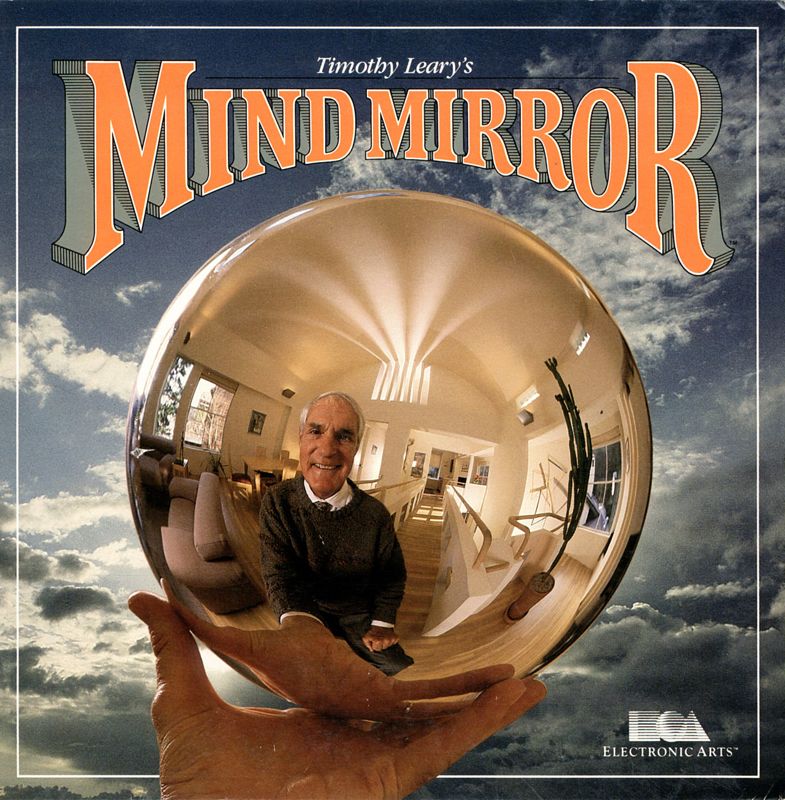

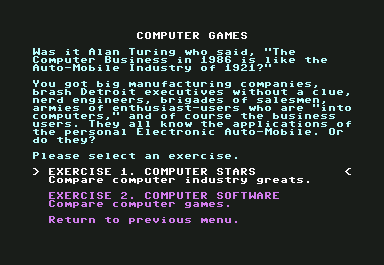
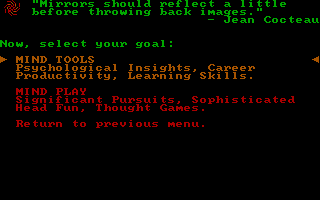
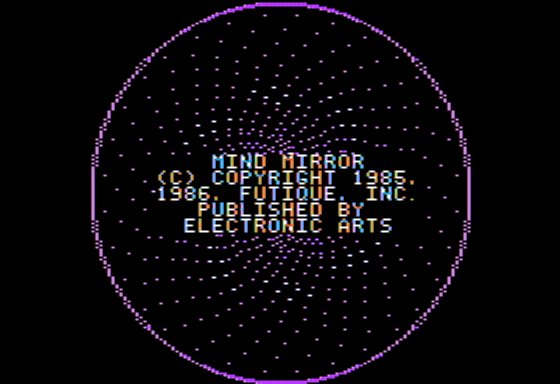

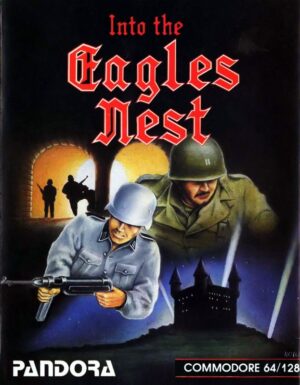

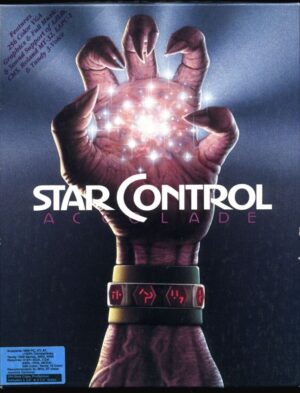
Reviews
There are no reviews yet.